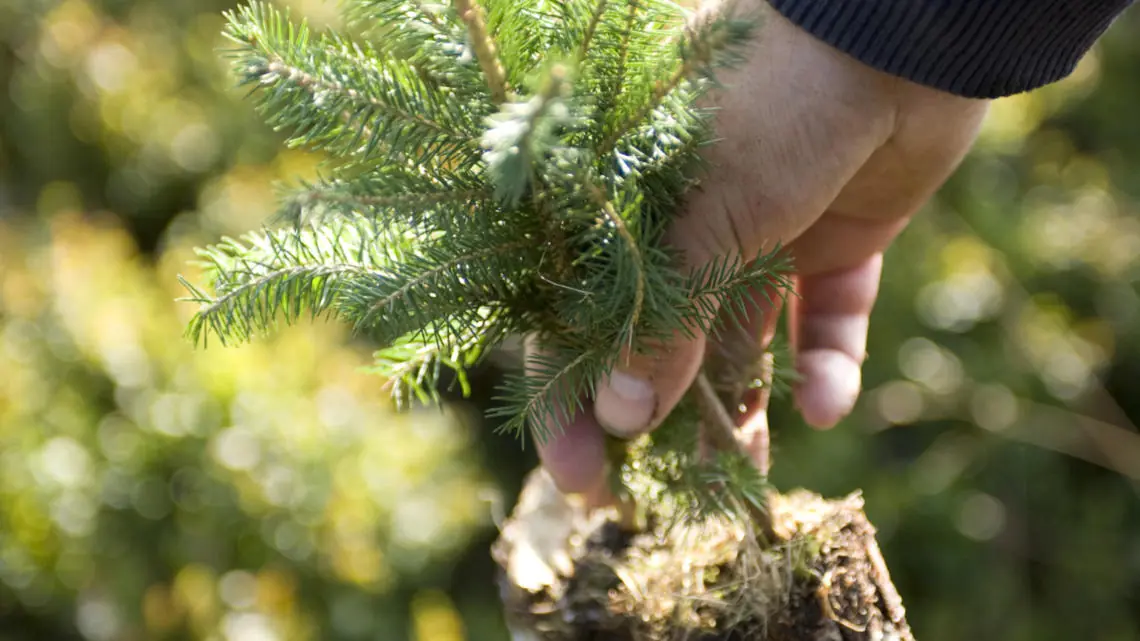Geneva, 30 August 2021 – Members of the Forest Solutions Group (FSG) have today released the first results from a revised set of Key Performance Indicators (KPIs) adopted earlier this year, revealing positive trends on all long-term indicators, and a more comprehensive picture through new metrics.
In July 2019, FSG launched the Forest Sector SDG Roadmap, followed by its first Implementation Report. The joint vision was translated into meaningful actions within eight impact areas: Working Forests, Bioeconomy, Circularity, Climate, Water, People, Communities and Procurement. These actions are tied to KPIs, allowing business to take stock of the status of implementation and provide a baseline against which to track progress over time.
In order to continue to track meaningful progress on the commitments made in the Forest Sector SDG Roadmap and demonstrate adherence to FSG’s Membership Principles & Responsibilities, this year FSG has adopted an improved set of KPIs on which they will report annually in the coming years.
Some highlights from the KPI results include:
Working forests: 97% of the 10 million hectares of forests that FSG members directly manage were certified by an independent third party, continuing the positive trend since 2015. In addition to the conservation measures in their productive forests, FSG members have set aside on average 22% of their land primarily for nature conservation or restoration purposes, representing an area of almost 2.4 million hectares. Read this statement to find out more on the forest sector’s contribution to ecosystem restoration.
Climate: To strengthen the role of forests in climate change mitigation, in one year alone, FSG members planted approximately 250 million trees to supplement naturally regenerating forests, to regrow forests harvested for their wood supply, or for restoration activities. To drive emissions reductions and improve resource efficiency in their operations, 66% of FSG members have set time-bound and verified CO2 reduction targets aligned with climate science, and 64% of their total energy consumption came from renewable sources mostly through the use of woody biomass.
Circularity: 85% of FSG members systematically apply circular design principles or guidance to maximize products recovery potential, resulting in an an average reusal of 70% of FSG member’s process residuals and waste generated either as raw material input in their own value chain or as a feedstock for other industries.
Water: On average, 92% of the water withdrawn was returned to the water sources, suppliers or third parties for reuse. The water quality measure (Chemical Oxygen Demand) is continuing its positive trend since 2015. New KPIs were adopted to cover the location specific aspect of water, revealing that on average 98% of FSG member’s manufacturing operations have water consumption reduction plans in place for the 8.5% of water consumed in these regions.
Twelve members of the FSG have reported this year:
Core members (core business in forest products): CMPC, Enviva, International Paper Company, Mondi Group, New Forests, Smurfit Kappa Group, Stora Enso, Sumitomo Forestry, The Navigator Company.
Associate members (with a business interest in products from sustainably manageed forests): Hancock Natural Resources Group, New Forests, Philip Morris International, The BTG Pactual Timberland Investment Group.
WBCSD news articles and insights may be republished in accordance with the Creative Commons Attribution-NonCommercial-NoDerivatives 4.0 International Public License, and in accordance with our Privacy Policy. All Content must be featured with due credits.
Outline

